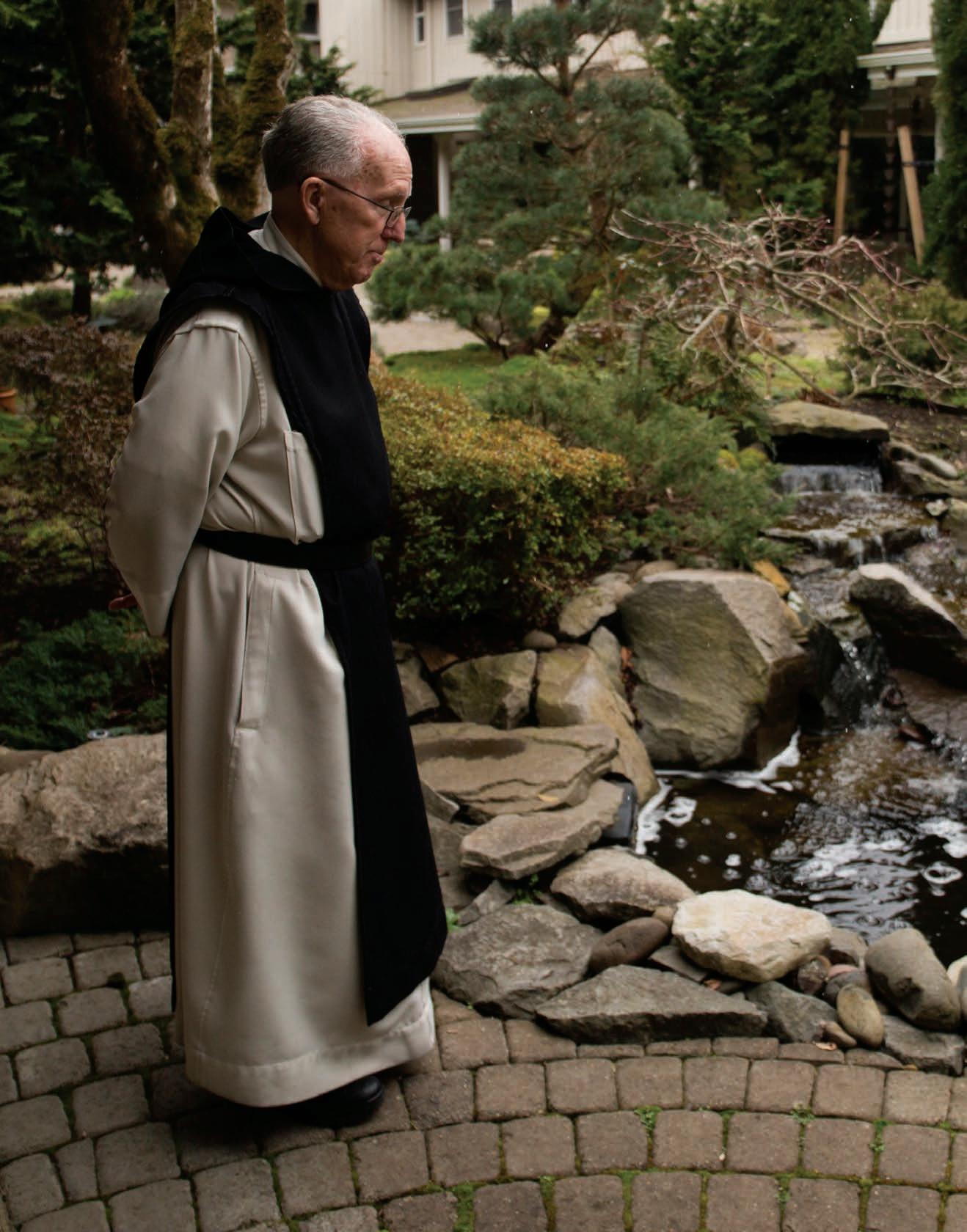
3 minute read
Letter from the Editor
from FLUX 2018
Our magazine’s name means continuous, flowing change. Flux is dedicated to telling stories that reveal this change. If there’s one constant in our lives, it’s that they’re in flux. This year, something we all see changing is our ideas around gender, and specifically, masculinity, in America. Despite a disheartening climate in political leadership for gender equality, we’ve heard women of all backgrounds find a voice through #metoo and the Women’s March. We’ve seen some men who abused power have it taken away, and others reconsider their approach to women and what kind of man they want to be. Others still are reaffirming a commitment to gender equity and looking beyond equal to see how they can raise women and non-binary people up to be leaders.
Flux took a close look at how gender plays out on our campus and greater Willamette Valley communities. Each student sought out stories of how gender affects our neighbors’ and peers’ lives. We asked what they’re doing to be stronger and more humble in their identities. We asked how they’re expanding their communities to be more inclusive. We asked what it’s like dealing with judgment, either for their choices or for things they had no choice in, and what it’s like when gender isn’t a factor. We collected a broad range of experiences here in this magazine, and yet there are so many more stories to be told in the spectrum of gender.
Advertisement
Beyond the stories, we tabled on campus and asked people for words they associate with men, women and non-gendered people and hosted a conversation, asking, “What makes a good man?” Through these projects, we challenged the idea of gender as a binary and masculinity as a dominant force in our society. What we heard is that men don’t want to be forced into an either/or with their identity. That they increasingly recognize their privilege and want to use it to help those in need of a voice. We learned that a shift in what our society rewards—a shift away from competition and aggression— may alleviate the conflict among us and make more room for positive action.
We learned that whether it’s in pinball arcades, yoga studios, science class, scouting troops, hospitals, fraternities, monasteries, on mountain bike trails or more indirectly throughout life, our bias and expectations influence our experience of gender in subtle and powerful ways. Yet despite this, we found people challenging tradition, defying gender roles, and breaking free of the limitations put on them by society.
Though we tell stories of change, there’s so much further to go before we reach gender equality. Our purpose here is to comfort the afflicted and afflict the comfortable. We hope this issue is soul food for those hungry for change, and inspiration for those who might not think we need it.
Anna Glavash, Editor in Chief










